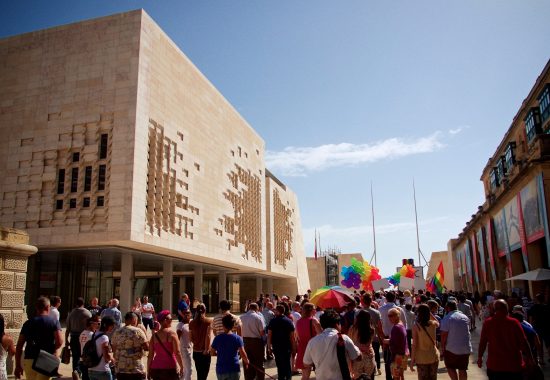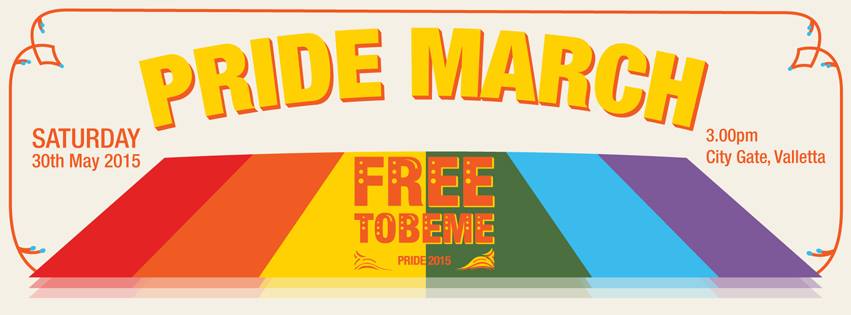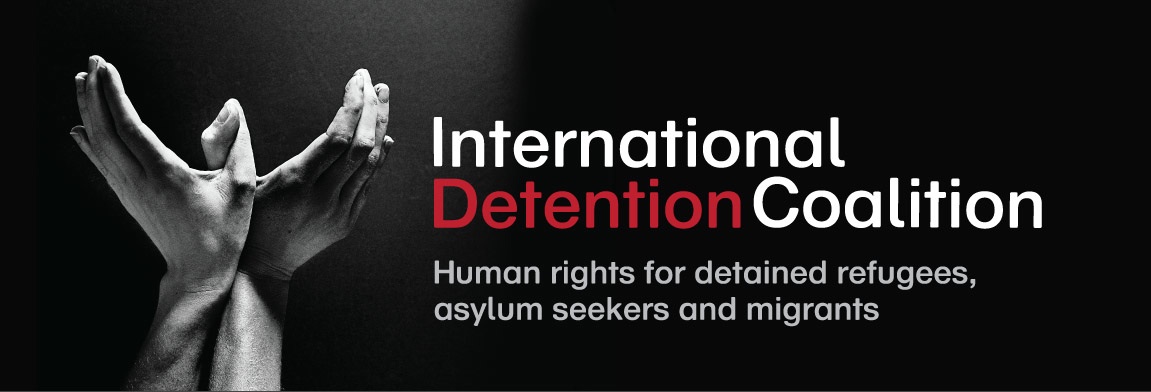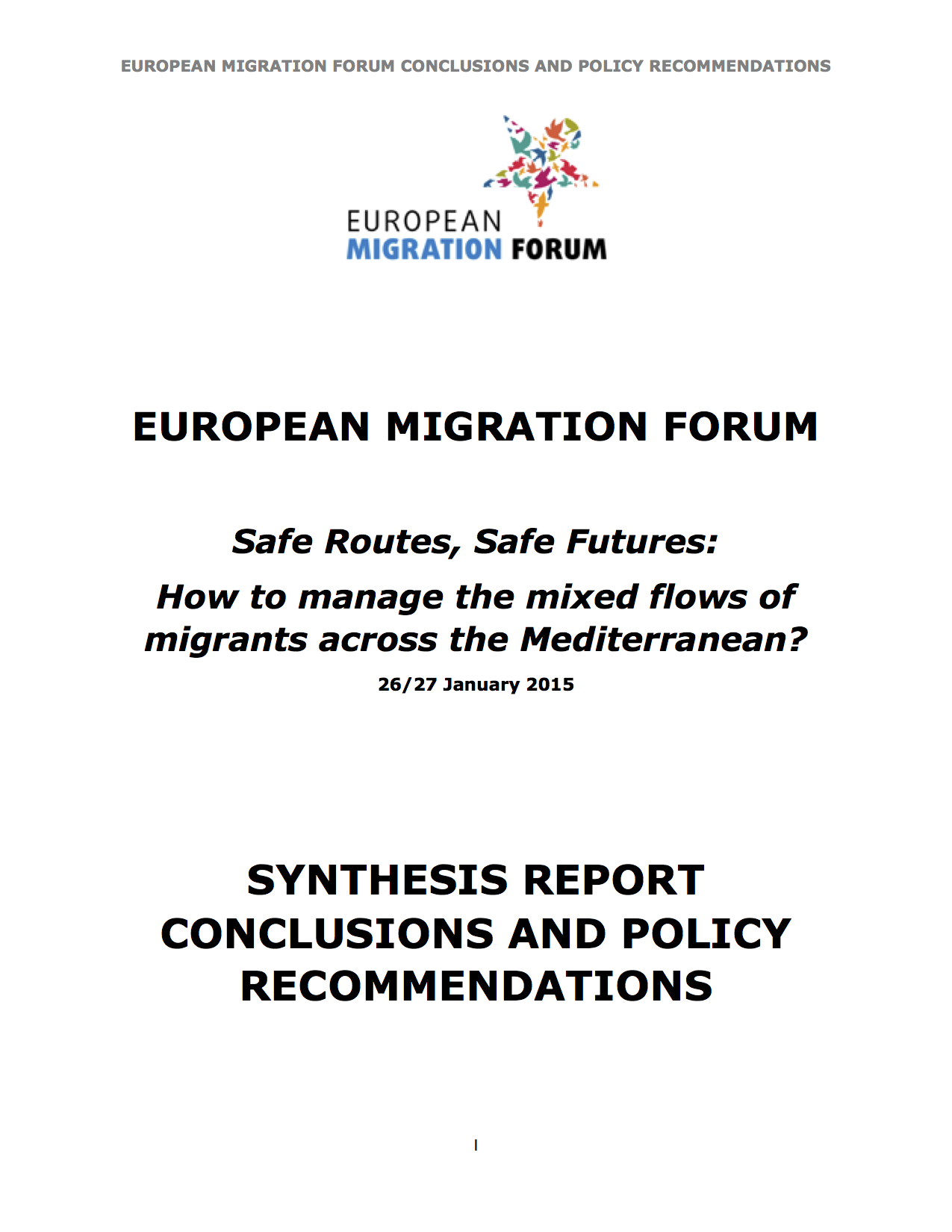In June Erika, our Human Rights Officer, participated in the workshop ‘Ending the criminalisation of undocumented migrants’ organised by the Platform for International Cooperation of Undocumented Migrants (PICUM), an independent human rights platform dedicated to the advancement of protection of rights of undocumented migrants worldwide.
The theme was selected due to the tendency to view undocumented migrants as criminals, as seen in the terms and discourse used and also the 2015 EU proposal of ‘bombing boats’. The workshop included two plenary sessions, during which Erika gave examples of criminalisation of migrants in Malta using our photo ‘Red carpet to detention!’.
These sessions were followed by thematic working groups. In view of our own priorities, Erika attended the ‘Borders and Detention’ group where she discussed key issues with NGO representatives from Italy, Spain and the United Kingdom.
The second day was dedicated to PICUM’s Annual General Assembly. The agenda and financial management documents were presented along with the list of new PICUM Members and its new Membership Structure. Following the Assembly, Members were given the opportunity to exchange information and ideas in relation to their work and two short working groups were held on the transposition of the Victims of Crime Directive and related Member legal strategies (see here for our own work on this important Directive).
The final plenary session was dedicated to an exchange of good practices, where some Members shared successful campaigns and the process of reaching their objectives.
PICUM brings together NGOs working with undocumented migrants. As a platform it encourages organisations to build their capacity, network and exchange good practices.
aditus foundation has been an active PICUM member since 2011.







